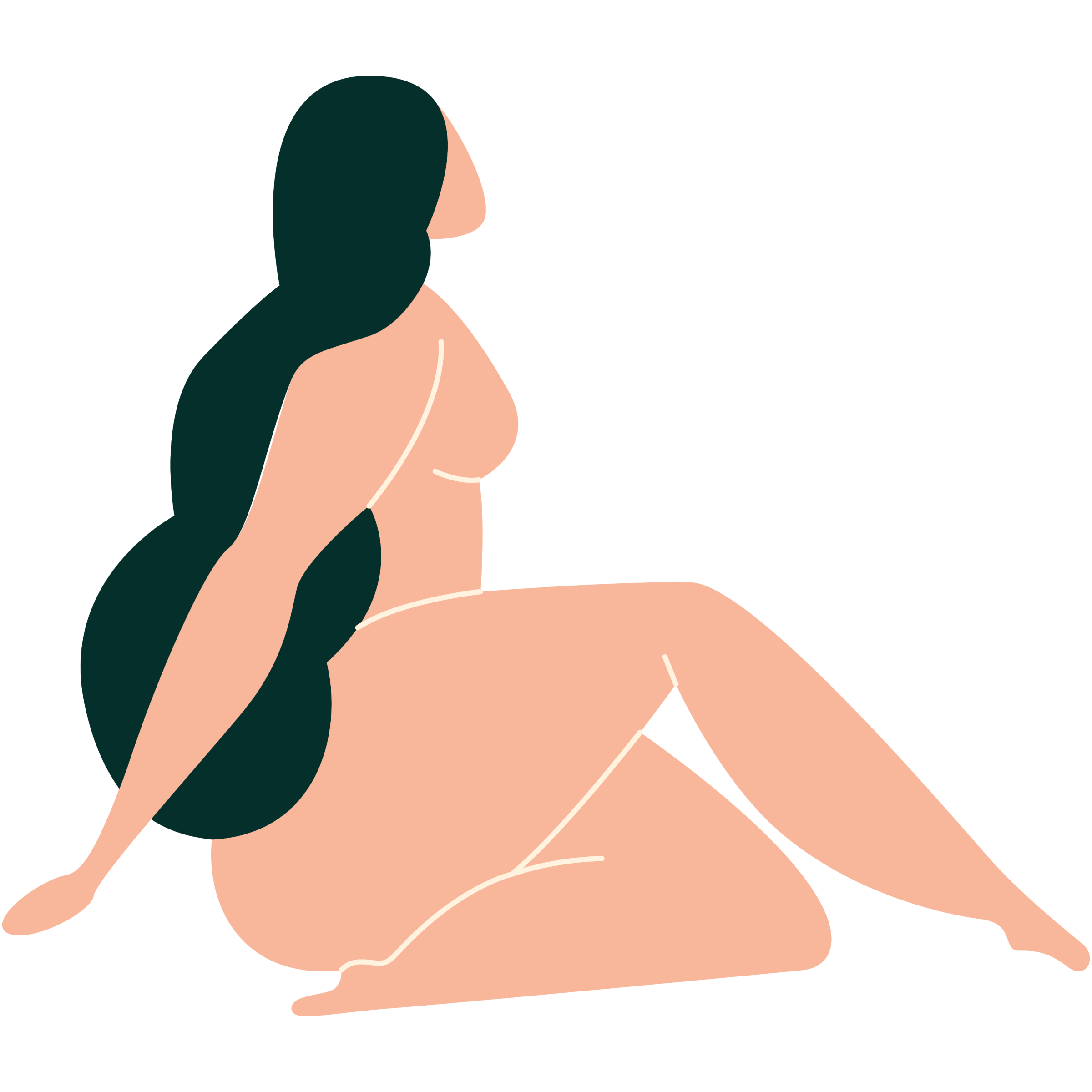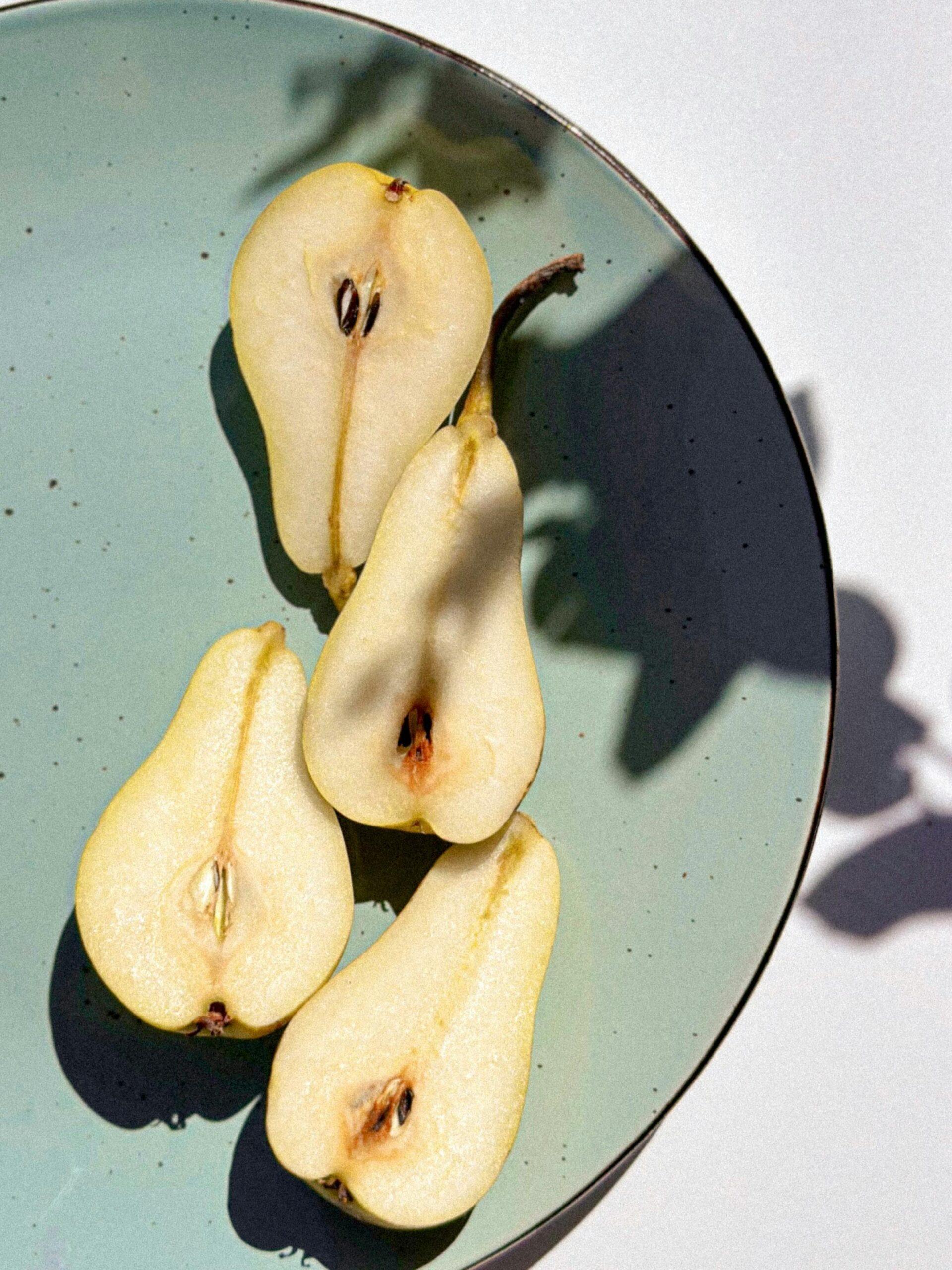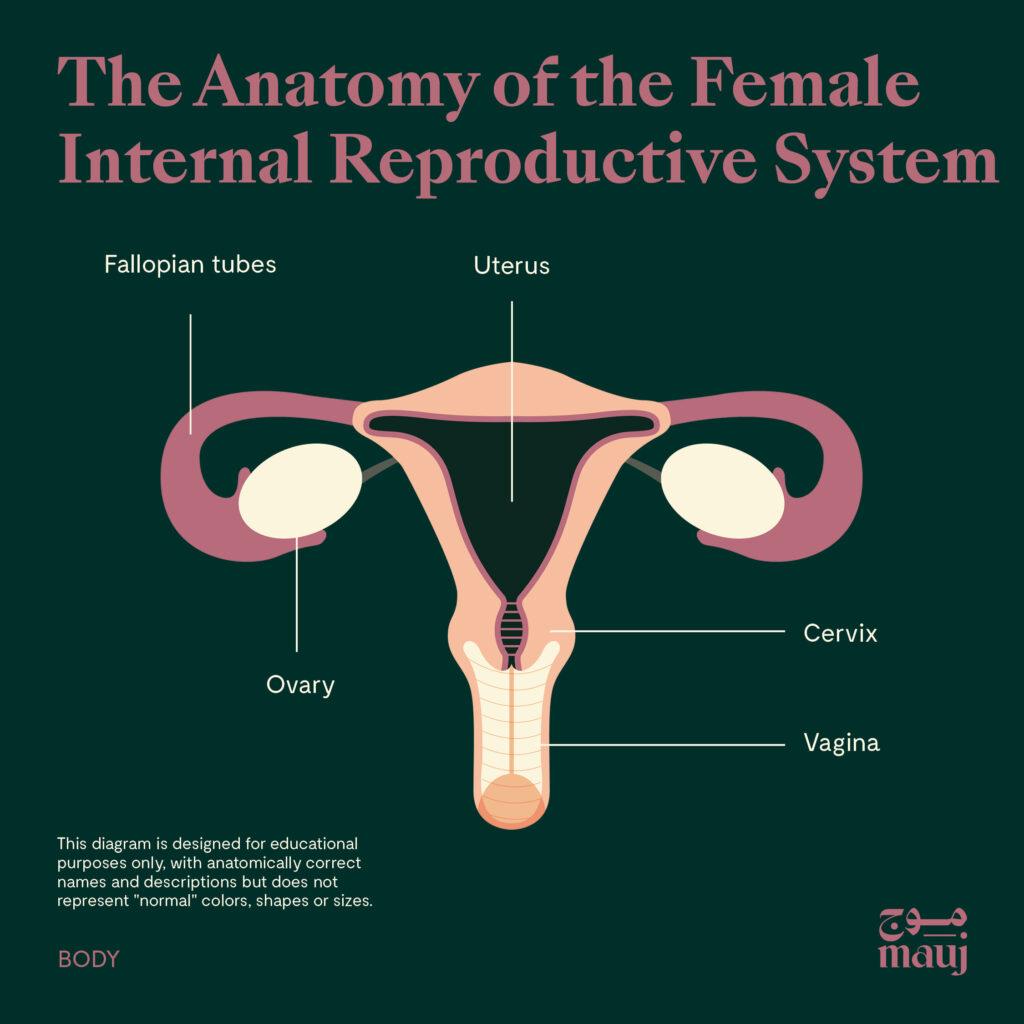
Body
Get to know your body through a better understanding of your anatomy and find the answers to some of your most common questions.

Ovarian cysts are fluid-filled sacs that develop on or inside an ovary. Your ovaries are located on each side of your uterus and are where the eggs develop.

Ovarian cysts commonly develop as a result of the ovulation process. Functional cysts are the most common type. They form naturally during the menstrual cycle either when the follicle fails to release an egg or when the follicle does not dissolve after the release of the egg.
Other less common types include dermoid cysts, which contain other various body tissues, and cystadenomas, which are formed from ovarian tissue but are not related to the menstrual cycle.
Other medical conditions can cause the growth of ovarian cysts, such as endometriosis, a condition characterized by the growth of tissue normally lining your uterus outside the uterus.
Polycystic Ovary Syndrome (PCOS) is another condition marked by many small cysts on your ovaries, irregular periods, and high levels of certain hormones.
Ovarian cysts are quite common and usually don't cause much discomfort. Most are harmless and resolve on their own within a few months without any treatment. However, there are occasions when they get bigger, twist, or rupture, leading to severe symptoms that require careful management.
Again, most ovarian cysts are small and asymptomatic. If a cyst causes symptoms, you may experience the following:
According to Mayo Clinic, this depends on the type of cysts you have. Ovarian cysts that can affect your fertility include those forming as a result of endometriosis or PCOS.
Functional cysts that result from ovulation, cystadenomas, or dermoid cysts typically don’t have an effect on fertility.
Never dismiss severe or sudden pelvic pain. Addressing ovarian cysts early can significantly reduce the risk of complications from a ruptured or twisted cyst, or from any underlying conditions that might be present.
If your concerns or symptoms are not being taken seriously by your doctor, don't hesitate to seek a second opinion.
Fluid-filled sac within the ovaries that contains an immature egg. During the menstrual cycle, follicles develop and mature, with one typically releasing an egg during ovulation.
Did you find the answer you were looking for? Is there something we missed? What did you think of this resource? We want to hear from you.
